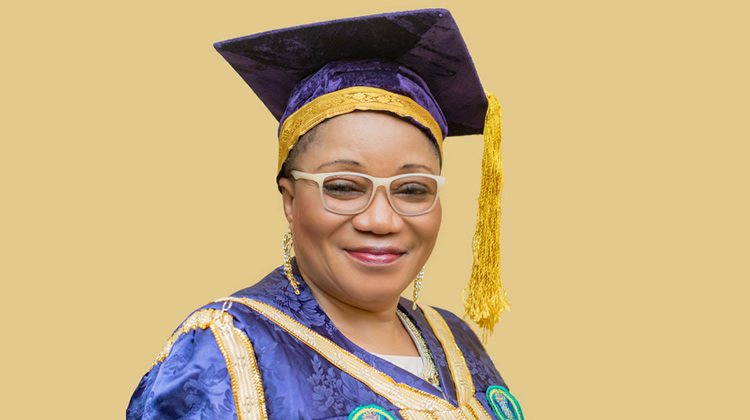
The Vice-chancellor of the University of Benin, Prof. Lilian Salami, has suggested that tertiary institutions in Nigeria should make it a policy to publicise the names of lecturers and students dismissed for involvement in sexual harassment.
Salami, a Professor of Home Economics and Nutritional Education, said doing so would reduce cases of sexual harassment and assault in educational institutions.
The UNIBEN VC made the recommendation in an interview with journalists during the launch of a report on the increase in cases of sexual harassment in institutions of higher learning in Nigeria.
The PUNCH reported that the document, titled, “Research report and advocacy strategy for higher institutions on ending sexual and gender-based violence, SGBV,” was conducted by the Women Advocates Research and Documentation Centre, with support from the Open Society Initiative for West Africa, Osiwa.
Salami said, “Sexual harassment didn’t just start now but the awareness is becoming more relevant at this time because we are seeing incidents of sexual harassment on the increase on campuses and it has become necessary that this menace be addressed in all universities.
According to her, tangible and realistic policies must be put in place in all tertiary institutions, while perpetrators must be adequately sanctioned irrespective of social status.
“I think that irrespective of who is the perpetrator, whether students or staff, they must be sanctioned. We don’t need such people in our system, so they must be shown the way out. And indeed, I think they should not only be kicked out of the institution, but I think their names should be published so that they don’t leave one institution and go to another. This is because what that person has done in one university is likely to be replicated in another one.”
The Executive Director of WARDC, Dr Abiola Akiyode-Afolabi, said the report reflected data from 20 schools with 7,178 students participating in the research.
According to her, the report suggested that there should be more institutional strength within the university and other higher institutions in Nigeria on sexual harassment.
Meanwhile, findings from the research revealed that students were leading lecturers in sexual harassment and rape of female students.





